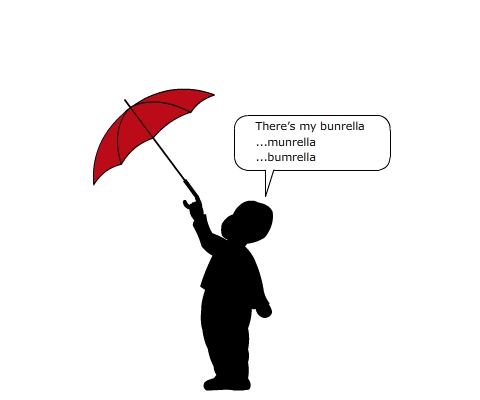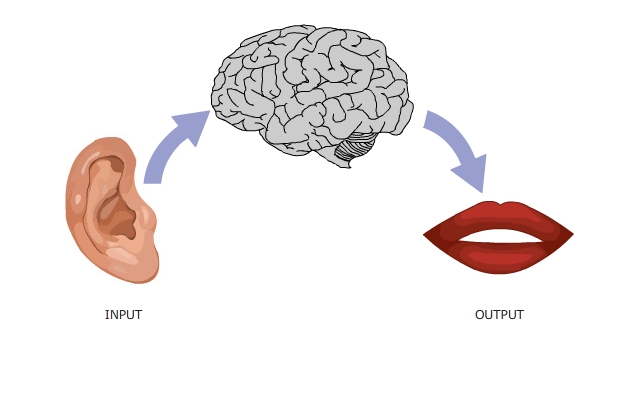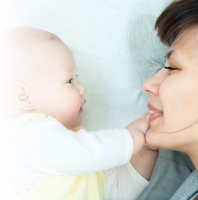Communication Impairments Part 2: Specific Speech Impairment course for Nurses


This session is about speech sound disorder (SSD). It describes the characteristics associated with different sub-types of SSD and discusses the implications of SSD for a child’s socio-emotional and academic development.
Learning objectives
By the end of this session you will be able to:
- Recognise key characteristics of speech sound disorder that require intervention
- Identify the potential long-term implications of speech sound disorder
- Identify when it may be appropriate to refer a child to a speech and language therapist, an audiologist, or the child development team for multi-professional assessment
- Know how to access the key agencies providing advice and support for parents of children with speech, language and communication difficulties
This session is the second of four that explore different types of speech, language and communication (SLC) needs.
The focus of this session is speech sound disorder (SSD).
Before commencing this session you should complete session:
- Speech, Language and Communication Needs/Child as Listener and Speaker Part 1: Non-verbal Apects of Communication (402-0034)
- Speech, Language and Communication Needs/Child as Listener and Speaker Part 2: Verbal Aspects of Communication (402-0010)
Jocelynne Watson practiced clinically as a Speech and Language Therapist in community paediatrics with a special interest in literacy before joining the Speech and Hearing Sciences Division at Queen Margaret University, Edinburgh as Clinical Director. Jocelynne also has a background in Psychology and is currently Visiting Professor in Speech and Language Therapy at Marjon, Plymouth. Her research interests include the effectiveness of computers in intervention, clinical vowel systems, the relationship between speech perception and production and, as a founder member of the Specific Language Impairment Consortium (SLIC), the links between genetics and communication.
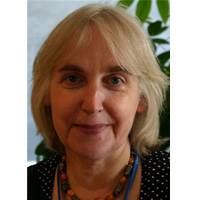
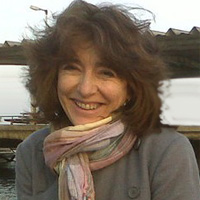
Sally is a Senior Lecturer in clinical linguistics and phonetics on the BSc (Hons) programme in Speech and Language Therapy at the University of St Mark and St John.
She is a dual-trained phonetician and speech and language therapist (SLT). Sally’s PhD was in acoustic phonetics and she has subsequently developed a web-based self-study resource in phonetic transcription and co-authored two clinical assessments for disordered speech production.
Sally has practised as a paediatric community clinician and a specialist SLT in a language unit for children with developmental language disorder. She also worked for the North Prospect Sure Start Lark Project developing resources to promote good parent-child interaction and early language skills and as a freelance assessor on the Children’s Workforce Development Council award of Early Years Professional Status. Her research interests include speech sound disorder and the relationship between speech perception, phonological awareness and early literacy development.
- Managing Blood Glucose
- Posted By Diabetes Qualified
- Posted Date: 2024-11-17
- Location:Online
- About the course This course is part of the APNA-accredited “Diabetes in Practice for Nurses” pro...
- Hypo- and Hyperglycaemia
- Posted By Diabetes Qualified
- Posted Date: 2024-11-17
- Location:Online
- About the course This course is part of the APNA-accredited “Diabetes in Practice for Nurses” pro...
- Chronic Complications and Prevention
- Posted By Diabetes Qualified
- Posted Date: 2024-11-17
- Location:Online
- About the course This course is part of the APNA-accredited “Diabetes in Practice for Nurses” pro...
- Diabetes Essentials
- Posted By Diabetes Qualified
- Posted Date: 2024-11-17
- Location:Online
- Comprehensive online course for health professionals wanting to develop in-depth diabetes knowledge.
- Understanding diabetes
- Posted By Diabetes Qualified
- Posted Date: 2024-11-17
- Location:Online
- About the course This course is part of the APNA-accredited “Diabetes in Practice for Nurses” pro...


